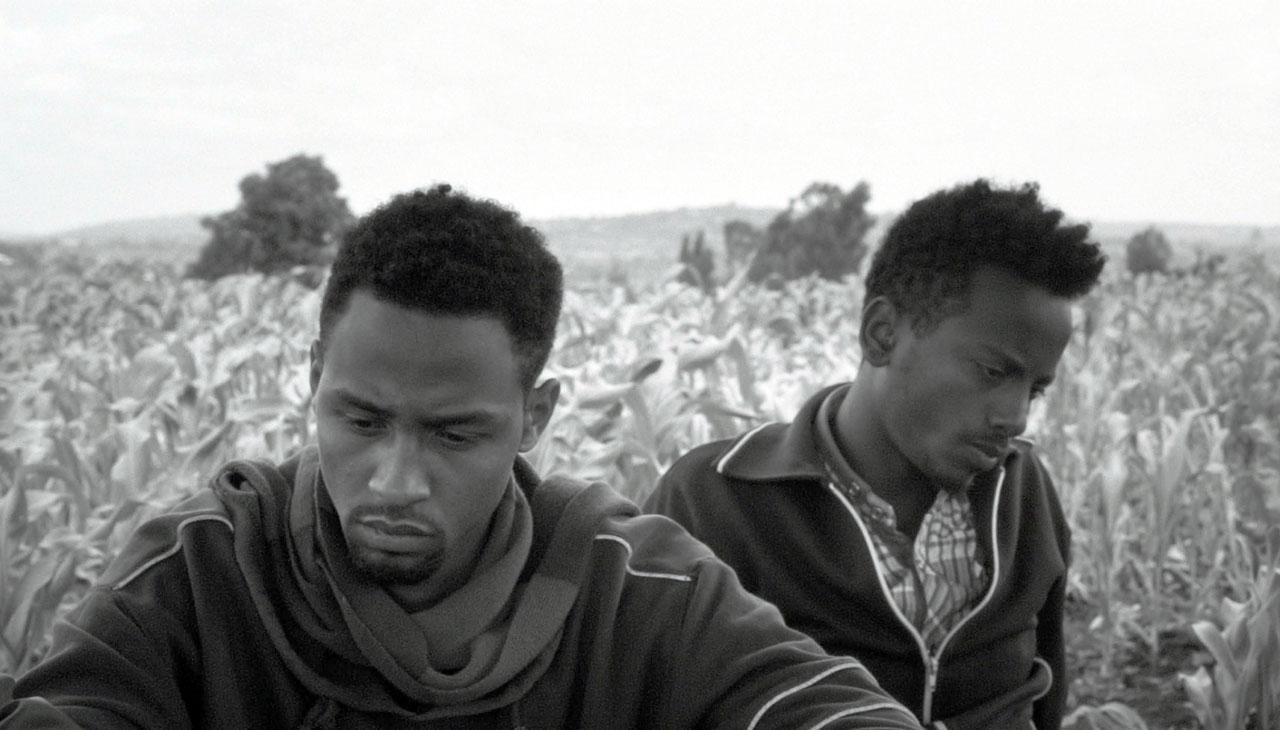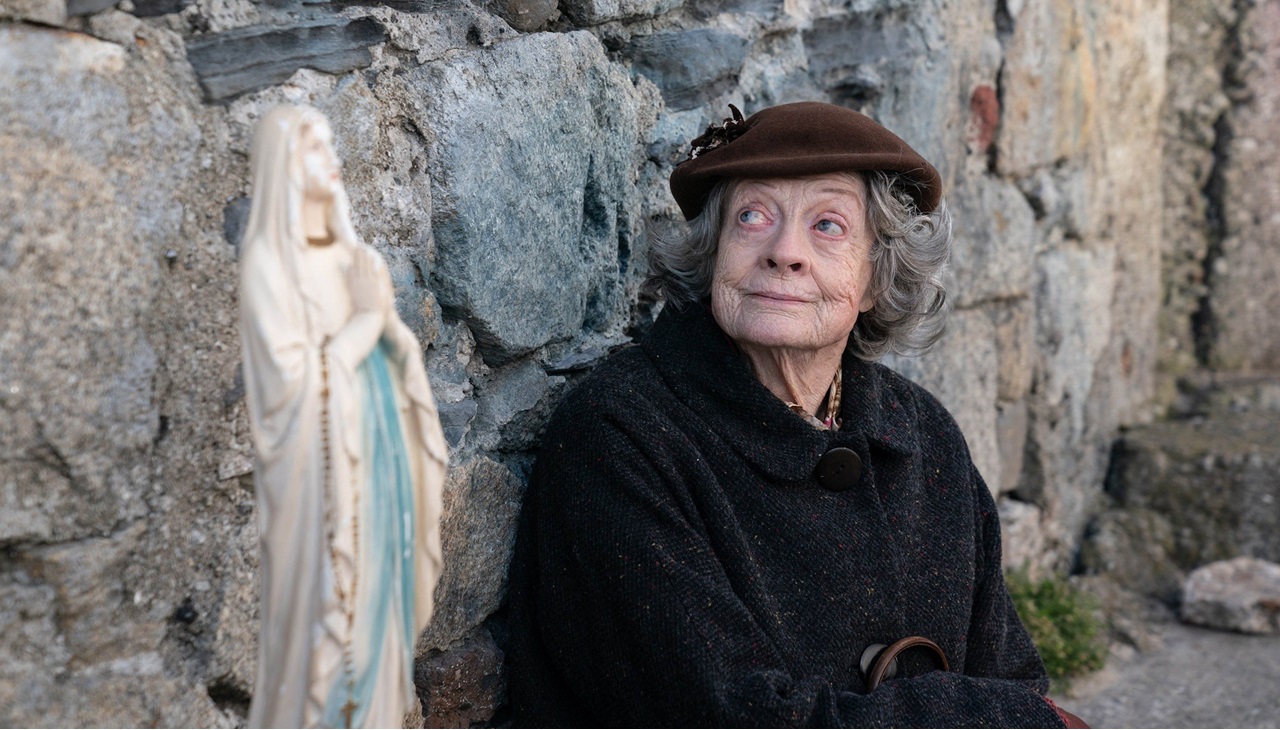
'Faya Dayi': Reconnecting with the Migrant Past
The documentary by Mexican-Ethiopian Jessica Beshir premieres in the United States and will be free on PBS' streaming platform.
Uprootedness has marked Jessica Beshir’s life to this day. At the age of 16, she had to leave Ethiopia, where she was born, and find her new home in Mexico with her parents. However, the United States is the country where the film producer and director has settled and developed her professional career for the last 20 years.
Motivated by reconstructing the vague memory of her grandmother's smile — by longing, by the desire to feel the warmth of the hugs of her friends and other loved ones in Ethiopia when Jessica traveled there in 2011. She found much more than old stories. Beshir was also overtaken by a startling and grim reality caused by political instability and neglected social concerns.
She found an Ethiopia marked by the growing nationwide commercial cultivation of khat, a psychoactive plant that is harvested and chewed in the African country for ritual purposes. Historically, the crop has boosted the Ethiopian economy, but now, besides displacing other traditional crops such as coffee, it has penetrated the younger generations, and its use is not just a fad. The shrub, which stimulates the nervous system and calms fatigue, is used as “an escape formula” to cope with the pain of war, the frustration of unemployment and the lack of freedom of expression. It is an escape without crossing the border.
Mesmerized by a reality she did not know first hand and involved with the grief of a people that, despite the years, she still considers her own, Beshir began recording everything that left her stunned, such as the last puddles of the lakes that in the eyes of little Jessica seemed infinite.
So it was that almost without thinking about it, the Mexican-Ethiopian director and producer began to take the first steps of creating Faya Dayi, a film that initiated as a reconstruction of the migrant past and has become a 10-year film project, going through social upheavals and political crises.
RELATED CONTENT
“Making this film was a gift for me because I came back after so long without being there… My grandmother was there, she was already very old, and no one had gone to see her. You know, because of political issues we couldn’t go back. And when you go back, you can’t stop going back, life is like an eternal return. I lived so many years away that for me it was like trying to fill myself with everything I had not been able to see. To return was to reconnect with my family, with my grandmother, my friends and with those spaces that hold the memories of your childhood; and more than a nostalgia, it was to inhabit those spaces again, and to realize how strong this commodification of the plant, of the khat, had become. This has been used for millennia, not only spiritually but also socially, it was already part of our culture. But now that had changed, it was an end in itself and it had come to replace food grains. And so I started interviewing a lot of people, from university professors to khat harvesters, and there I realized what is happening socially, politically and economically," Beshir told AL DÍA from her home in Brooklyn.
Since its release, the film has won the Grand Jury Prize at Visions du Réel 2021, the Reva and David Logan Grand Jury Prize at the Full Frame 2021 Documentary Film Festival, the Truer Than Fiction Award given by the Film Independent Spirit Awards; and it has also been pre-nominated as a feature documentary at the 94th Academy Awards. While its international reach is undisputed, Beshir’s film has not been screened in Ethiopia due to the civil war that broke out two years ago.
“It’s my biggest wish, I hope we’ll be able to do it soon,” said an excited Jessica.
Shot in black and white, Faya Dayi premiered in August on PBS and will be available for free on the www.pbs.org platform until Sep. 29.











LEAVE A COMMENT:
Join the discussion! Leave a comment.